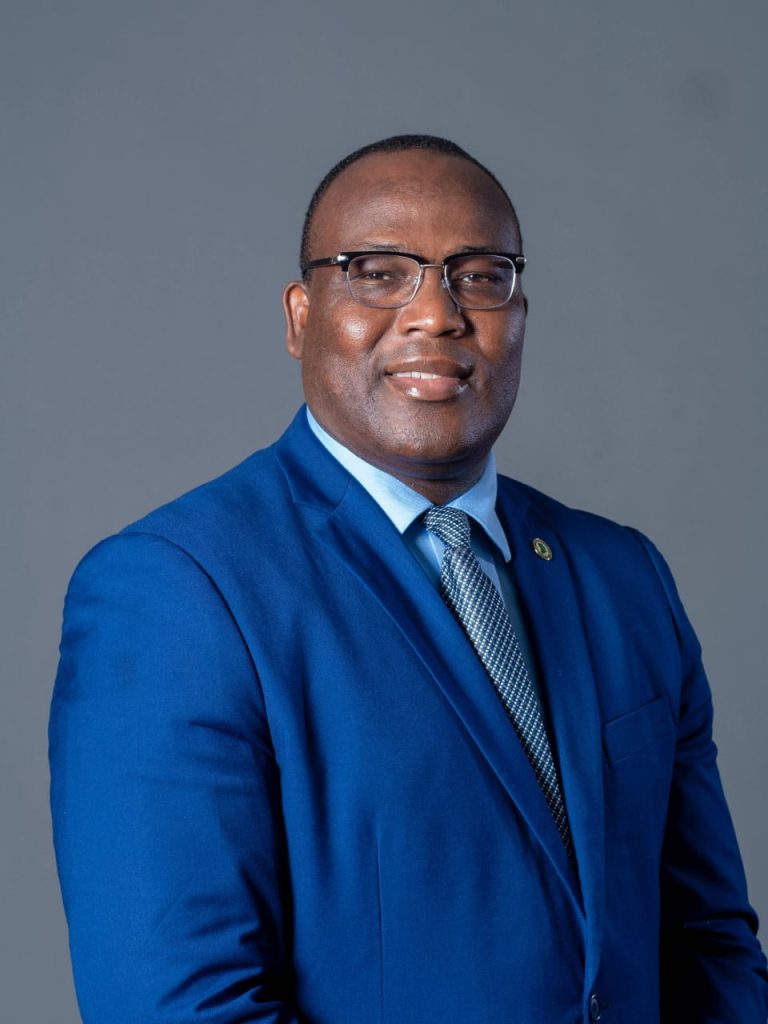Rufus N. Darkortey, Executive Director of the African Development Bank Group (AfDB), has issued a compelling call for nations of the Global South, particularly those in Africa and the Caribbean, to fundamentally rethink their approaches to economic growth and infrastructure development. His vision emphasizes self-reliance, innovation, and homegrown solutions as the cornerstones of a transformative journey towards middle-income status and beyond. Speaking at the Africa-Caribbean Infrastructure Forum held in Washington D.C., Darkortey underscored the critical role of domestic resource mobilization and a vibrant domestic private sector in achieving sustainable and accelerated development. He advocated for a paradigm shift, moving away from over-reliance on external aid and embracing a new model rooted in economic sovereignty and internal capacity.
Darkortey’s core argument centers on the belief that true and lasting development must be driven from within. He champions the idea of a “new development compact” where African and Caribbean nations prioritize building robust domestic economies fueled by effective domestic resource mobilization and the strengthening of local private sector actors, especially Small and Medium Enterprises (SMEs). This, he argues, is the foundational bedrock upon which sustainable infrastructure development and broader economic growth can be built. By expanding fiscal space, modernizing public financial management systems, and empowering local businesses, these nations can unlock substantial internal capital needed to invest in critical sectors such as healthcare, education, agriculture, and crucially, infrastructure. This internal investment strategy, coupled with fostering innovation and boosting domestic revenue generation, will not only contribute to economic growth but also enhance sovereign debt sustainability.
Darkortey’s philosophy is not about rejecting international cooperation, but rather about redefining its role in the development equation. While acknowledging the contributions of global development partners, he emphasizes the need for a more equitable and effective model where African and Caribbean resources take center stage. The current system, he contends, needs to evolve to better support locally-driven initiatives and empower these regions to take ownership of their development trajectories. This shift in focus will not only foster greater economic independence but also build resilience and self-sufficiency, enabling these regions to better navigate global economic uncertainties and shocks.
The rationale behind Darkortey’s call to action is underscored by the persistent infrastructure deficit that continues to plague Africa and the Caribbean. Despite considerable progress in road development in Africa, with over 1.9 million kilometers added since 1995, only a small fraction (30%) are paved, highlighting a significant quality gap. Similarly, the Caribbean’s paved road percentage stands at 52%, both regions lagging considerably behind East Asia’s 92%. Access to electricity also remains a significant challenge, with penetration rates significantly lower than those in developed regions. These infrastructural shortcomings have substantial economic consequences, as evidenced by the World Bank’s findings that even a modest increase in paved roads can translate into a noticeable GDP boost.
The disparity in infrastructure investment between these regions and other developing areas further underscores the need for a new approach. Africa currently invests 3.1% of its GDP in infrastructure, with limited private sector involvement (12%). The Caribbean’s investment is even lower at 2.5% of GDP, with minimal private sector participation (5%). This contrasts sharply with Asia, where infrastructure investment stands at 8% of GDP, bolstered by substantial private sector funding (42%). This difference illustrates the significant potential for increased investment, particularly from private sources, in Africa and the Caribbean, a potential that can be unlocked through the implementation of Darkortey’s proposed strategies.
Darkortey’s vision, therefore, represents a comprehensive approach to development, encapsulating not only economic growth and infrastructure development but also broader societal advancement. His emphasis on domestic resource mobilization, private sector engagement, and homegrown solutions provides a compelling pathway for Africa and the Caribbean to break free from the cycle of poverty and underdevelopment. By fostering economic sovereignty, these regions can build more resilient economies, create opportunities for their citizens, particularly youth and women, and ultimately chart a course towards sustainable prosperity and self-determined growth. This call for a new development compact is not merely a plea for increased investment; it is a clarion call for these regions to take control of their destiny and forge a future defined by their own vision and powered by their own resources.


